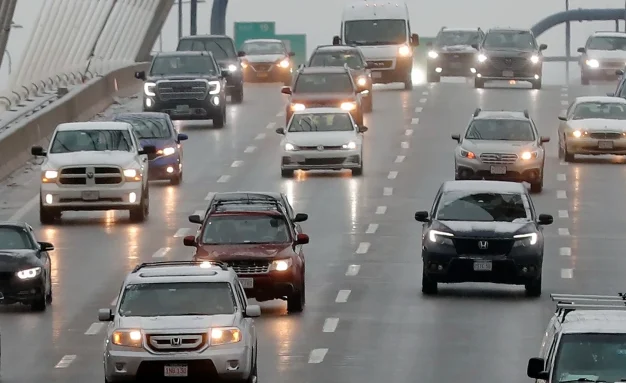
EPA pollution permission discriminates against kids, new climate lawsuit says
A group of 18 young California residents has sued the U.S. Environmental Protection Agency (EPA) for ‘intentionally’ discriminating against American children by allowing the release of dangerous levels of climate change-causing greenhouse gas pollution (Reuters)
The young people filed their lawsuit in a California federal court, arguing the EPA is violating their equal protection, due process and other rights under the U.S. Constitution by permitting factories, refineries and other sources of pollution to release too much climate-warming pollutants like carbon dioxide, methane and nitrous oxide.
The plaintiffs are between the ages of eight and 17, and said the permitting is discriminatory since children are particularly vulnerable to pollution and climate change impacts given their still-developing lungs and bodies, and inability to directly participate in the U.S. political system.
The lawsuit is asking the court to declare that the EPA is violating the rights of children and exceeding the agency’s power including its authority under the Clean Air Act, which requires the agency to manage the nation’s air quality and control pollution to protect human health and welfare.
‘Violating the rights of children’
“At no time in our nation’s history has Congress delegated authority to any governmental agency to allow levels of pollution that are harmful to children,” the lawsuit said. “Yet that is what EPA has done.”
An EPA spokesperson declined to comment on the lawsuit but said the Biden administration is committed to tackling the climate crisis in a variety of ways, including regulatory action.
The lawsuit is the second climate change-focused lawsuit filed by the law firm Our Children’s Trust on behalf of minors against the U.S. government, and joins a slew of other similar youth-led climate lawsuits against state governments.
Click here for more information on the case, ‘Genesis v EPA’, courtesy of the Children’s Trust.




